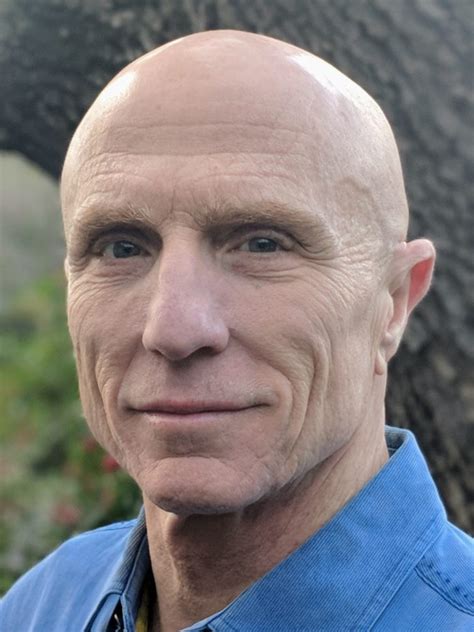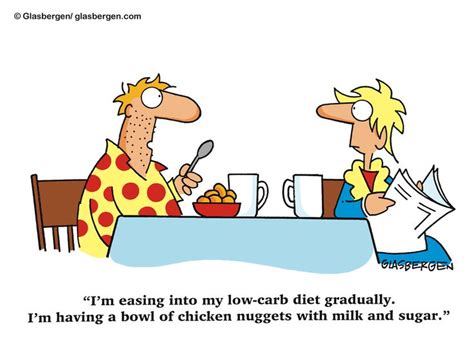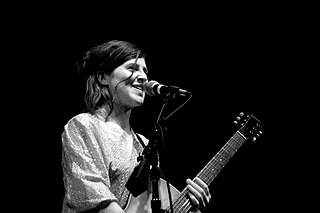A Quote by John Tesh
If you want to write the next great novel, but you think, No, this won't work because no one will buy it or it won't be any good, then you talk yourself out of taking a risk.
Related Quotes
If you want a television, you go out and work for it and you buy it. If you want to learn about Aztec pottery, you take a course. But the relationship with God requires the active and passionate participation of you, yourself. You have to risk it. You have to abandon yourself to it. You have to leap into the fire. Nobody will do it for you; nobody can do it for you.
I don't even think any stimulants really help writing. You talk to most guys and they say, "Hey. I wrote this." And they're out of their head or they had a few beers or a bottle of whiskey. You wake up the next morning, it's usually pretty crap. But you know Dylan Thomas wrote some great poetry. Brendan Behan. You never know but ultimately I'd say you have to get up early in the morning and you're usually sober when you write your good stuff; it's hard work. So alcohol, keep it for chilling out, fun, and having a good time. Not for work.
The risk of working with people you don't respect; the risk of working for a company whose values are incosistent with your own; the risk of compromising what's important; the risk of doing something that fails to express-or even contradicts--who you are. And then there is the most dangerous risk of all--the risk of spending your life not doing what you want on the bet that you can buy yourself the freedom to do it later.
It's very bad to write a novel by act of will. I can do a book of nonfiction work that way - just sign the contract and do the book because, provided the topic has some meaning for me, I know I can do it. But a novel is different. A novel is more like falling in love. You don't say, 'I'm going to fall in love next Tuesday, I'm going to begin my novel.' The novel has to come to you. It has to feel just like love.
No writer, I believe, should attempt a novel before he is thirty, and not then unless he has been hopelessly and helplessly involved in life. For the writer who goes out to find material for a novel, as a fishermen goes out to sea to fish, will certainly not write a good novel. Life has to be lived thoughtlessly, unconsciously, at full tilt and for no purpose except its own sake before it becomes, eventually, good material for a novel.
The more readings a novel has, even contradictory, the better. In journalism, you talk about what you know; you have provided yourself with records, you have gathered information, you have performed interviews. In a novel, you talk about what you don't know, because the novel comes from the unconscious. They are very different relationships with words and with the world. In journalism, you talk about trees; in the novel, you try to talk about the forest.
At one point I would read nothing that was not by the great American Jews - Saul Bellow, Philip Roth - which had a disastrous effect of making me think I needed to write the next great Jewish American novel. As a ginger-haired child in the West of Ireland, that didn't work out very well, as you can imagine.




































